All About Anonymous Voting
A comprehensive guide to concealing an anonymous vote

What is Anonymous Voting?
Anonymous voting (also referred to as "secret" voting) limits how much information about a vote is available to voters and other interested parties. It is one of the most popular voting method modifiers.
Commonly used when an organization wants to keep how people voted a secret from some (or all) groups involved, it's a simple, effective way to disassociate votes from the voter.
Correctly implemented, anonymous voting offers a slew of benefits.
However, it must be rolled out with the right form of voting technology to access the most important ones.
The upsides of anonymous voting
Here are the best things about running an anonymous vote:
-
Truly private voting where voter selections are hidden from some or all parties.
-
The freedom to vote the way someone wants, without ramifications that may come back around to haunt them - socially or otherwise.
-
Less organizational drama, since people are unable to know who voted for what. This severely limits bullying, blackmailing, and other forms of intimidation.

The (potential) downsides of anonymous voting
If you're implementing an anonymous vote, be aware that:
-
Most voting technology is unable to assure vote integrity. These systems make it easy for people to vote multiple times and obscure the outcome of votes and elections.
-
Voters must trust in the technology being used, as it is responsible for keeping their votes truly anonymous.
-
It can be tough to find a reputable vendor. Searching for an anonymous survey or polling solution will yield thousands of results, most of which cannot perform up to the standards you need.

Analytics and reporting limitations
By virtue of running an anonymous vote, you will limit the amount of information you're able to report on.
The most obvious one is this: you (or specified groups) won't be able to tell how others voted.
Does anonymous voting enable gaming of the system?

Traditionally, running an anonymous vote has made the answers to "who's voting?" and "what are they voting on" much harder to track.
Voting systems that do not track who is voting create the possibility for individuals to vote more than they're allowed to, and thus unfairly biasing the vote or election.
Modern anonymous voting systems
The right voting technology, however, can be used to overcome this limitation. The most advanced forms of voting technology are able to track how people voted while at the same time hiding information from specified groups of individuals.
These systems offer the best of both worlds: privacy and fairness.
They also open up some useful options for your organization, for example:
A good voting partner will explain to you the pros and cons of self-administering an anonymous vote.
Self-administration of an anonymous vote works well in many scenarios. However, having someone at your organization managing the process may cause some to wonder if their vote is truly anonymous.
For those cases, introduce an unbiased third-party into the mix and you'll have the foundation of a rock-solid anonymous vote for all involved.
Need to run an anonymous vote? We're here to help.
Contact us to get started.

